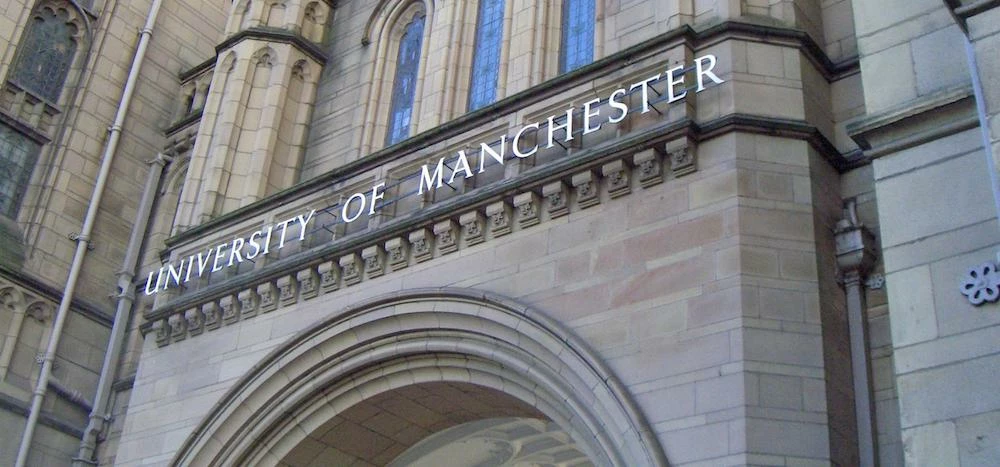
Manchester Uni enters licensing agreement with US biotech firm Acucela
The University of Manchester has entered into an agreement with a US firm that could partially restore the sight of hundreds of thousands of blind people around the world.
As part of the agreement, Seattle-based biotech firm Acucela Inc. will seek to commercialise technology developed at the university that could improve the vision of people with degenerative retinal conditions like Retinitis Pigmentosa (RP), an inherited disease that causes progressive degeneration of the eye’s photoreceptor cells.
The deal with the University of Manchester will see Acucela running clinical trials, and eventually commercialising, therapy developed by researcher Dr. Jasmina Cehajic-Kapetanovic alongside Professors Paul Bishop and Robert Lucas.
Acucela’s chairman, president and CEO, Dr. Ryo Kubota, said of the license arrangement: “We are extremely excited to enter into this collaboration with the university and to begin the important development work needed to unlock the potential of optogenetic gene therapy to improve visual function in patients who have lost much of their vision as well as their hope.”
RP is believed to affect one in every 4,000 across Europe, the US and Asia.
Dr. Paul Bishop, a professor of ophthalmology at the University of Manchester, said: “This is a very exciting therapeutic approach as the blind mice we treated could see surprisingly well in normal lighting conditions, and we think the approach may be safe as we are putting a normal human retinal protein back into the retina, but in cells that don’t normally make it.
“We are delighted at the prospect of working with Acucela towards restoring some visual function in patients who have severe visual loss from RP and similar conditions.”
The deal was negotiated on behalf of the university by UMIP, its technology transfer office.
UMIP’s director of operations, Dr. Rich Ferrie, said: “We believe that Acucela is the ideal partner to develop a gene therapy for RP based on this ground-breaking science.
“The licensing arrangement has the potential to deliver significant economic return to the University if the clinical trials and commercialisation programme are successful.”
He added: “More importantly the signing of this agreement represents a potentially pivotal moment and offers real hope for millions of RP patients around the world.”
The treatment was first reported in the scientific journal Current Biology in June 2015, followed by New Scientist magazine in August 2015.
Looking to promote your product/service to SME businesses in your region? Find out how Bdaily can help →








 Raising the bar to boost North East growth
Raising the bar to boost North East growth
 Navigating the messy middle of business growth
Navigating the messy middle of business growth
 We must make it easier to hire young people
We must make it easier to hire young people
 Why community-based care is key to NHS' future
Why community-based care is key to NHS' future
 Culture, confidence and creativity in the North East
Culture, confidence and creativity in the North East
 Putting in the groundwork to boost skills
Putting in the groundwork to boost skills
 £100,000 milestone drives forward STEM work
£100,000 milestone drives forward STEM work
 Restoring confidence for the economic road ahead
Restoring confidence for the economic road ahead
 Ready to scale? Buy-and-build offers opportunity
Ready to scale? Buy-and-build offers opportunity
 When will our regional economy grow?
When will our regional economy grow?
 Creating a thriving North East construction sector
Creating a thriving North East construction sector
 Why investors are still backing the North East
Why investors are still backing the North East